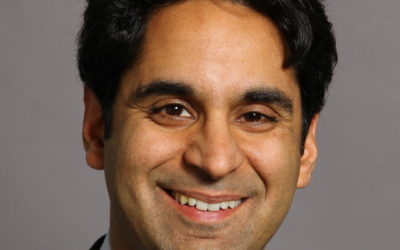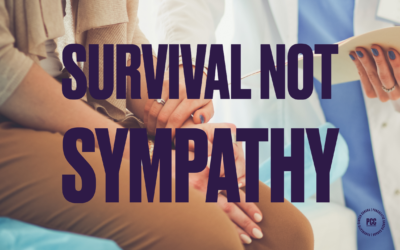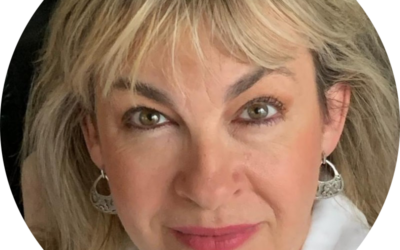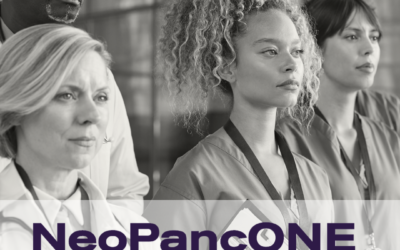
OUR IMPACT: 2020
We’ve raised enough sympathy, it’s time to raise the survival rate.




OUR IMPACT: 2020
We’ve raised enough sympathy, it’s time to raise the survival rate.
2020 WAS A YEAR THAT DEMANDED THE BEST OF US.
As 2019 slowly drew to a close and we began eagerly planning for the year ahead, we expected 2020 to be a time of tremendous growth for Pancreatic Cancer Canada. We anticipated launching new clinical trials that would offer patients targeted treatment options, developing new education initiatives and services, and increasing our organizational capacity to meet the growing needs of patients and caregivers.
We knew 2020 would be a game-changer for us and our community — and it was — just not in the way we had imagined.
When Covid-19 changed our day-to-day, we felt the same uneasiness, sadness, and caution being felt around the world. The one thing that we knew for sure was that our work could not stop. We had come so far and the pancreatic cancer community had been desperate for advancements for far too long. It soon became clear that in addition to having to navigate a fast-moving and often overlooked disease, patients and their loved ones felt the stress of the world’s toughest cancer compounded by the weight and uncertainty of a global pandemic. This burden was understandably too much for them to bear alone. Patients and caregivers needed our voice, resources and support more than ever.
Despite everything that 2020 threw at us, it was not an option for us to change course in any way that would take away from the highly-sought momentum we’d been building over the previous years. So we kept going. We pivoted where we needed to, we reached to meet the increased needs of our community, and we learned exactly what we are made of: courage, strength and resilience.


It’s a Virtual Life
When the pandemic hit we increased our online services and resources and continued our important work from home in order to stay safe and stop the spread of Covid-19.


#SurvivalNotSympathy
In the spring we launched our new brand, which embodies the bold spirit in which we do everything at Pancreatic Cancer Canada. Our community joined us in shouting, we’ve raised enough sympathy, it’s time to raise the 8% survival rate.


Change of Address
We relocated our office to share space with Parkinson Canada, leading to a significant reduction in rent for the coming years and new opportunities to work together and find operational efficiencies across organizations.
AN URGENT SHIFT IN OUR FUNDING PRIORITIES
Every day, we fight against a 92% mortality rate. This is why in recent years, research has been our highest funding priority: an historical lack of investment in pancreatic cancer research has kept the survival rate low while virtually all other cancers have seen drastic improvements in treatment options, early detection and quality of life. However, the impact of the Covid-19 crisis on Canadian hospitals, the experience of our community, and our capacity as a national charity was undeniable. Like many charitable organizations across Canada, we experienced a decrease in donations over the course of the year, so we worked with our research partners to determine where we could defer payments in ways that wouldn’t slow down progress. This also allowed us to respond to the heightened need for urgent, tangible support services and awareness projects, giving our community what they desperately needed in their most challenging hours.
%
Services, Awareness and Education
As we navigated the challenges that the Covid-19 pandemic brought to communities across Canada, we knew patients and their families were counting on us for information and support. Even during normal times a pancreatic cancer diagnosis can have a devastating effect on a patient and their loved ones; when you layer a pandemic on top of that, the experience becomes even more isolating and stressful. We ensured that patients and their loved ones were able to get the help they needed from the comfort and safety of their homes by bolstering our Peer Support services with Wellspring and developing a new Ask An Expert program. Finally, as we adjusted to our new normal, we updated our website and boosted our digital awareness efforts to encourage Canadians to listen to their bodies and reach out to their healthcare providers with concerns about cancer symptoms.
%
Research
As most research slowed and even stopped in the face of the Covid-19 pandemic, the investments we had made in new clinical trials ensured that steps were taken to prepare for patient enrolment when the green light came. This enabled us to defer funding as the timelines for our clinical trials shifted and to meet the new, urgent priorities of our community. We were able to ensure that the hospitals running our NeoPancONE clinical trial received their initial investments to start recruiting patients. This also enabled us to pivot and spend more on the education, awareness and services that patients and their loved ones needed most.
AN URGENT SHIFT IN OUR FUNDING PRIORITIES
Every day, we fight against a 92% mortality rate. This is why in recent years, research has been our highest funding priority: an historical lack of investment in pancreatic cancer research has kept the survival rate low while virtually all other cancers have seen drastic improvements in treatment options, early detection and quality of life. However, the impact of the Covid-19 crisis on Canadian hospitals, the experience of our community, and our capacity as a national charity was undeniable. Like many charitable organizations across Canada, we experienced a decrease in donations over the course of the year, so we worked with our research partners to determine where we could defer payments in ways that wouldn’t slow down progress. This also allowed us to respond to the heightened need for urgent, tangible support services and awareness projects, giving our community what they desperately needed in their most challenging hours.
%
Services, Awareness and Education
Services, Awareness and Education
As we navigated the challenges that the Covid-19 pandemic brought to communities across Canada, we knew patients and their families were counting on us for information and support. Even during normal times a pancreatic cancer diagnosis can have a devastating effect on a patient and their loved ones; when you layer a pandemic on top of that, the experience becomes even more isolating and stressful. We ensured that patients and their loved ones were able to get the help they needed from the comfort and safety of their homes by bolstering our Peer Support services with Wellspring and developing a new Ask An Expert program. Finally, as we adjusted to our new normal, we updated our website and boosted our digital awareness efforts to encourage Canadians to listen to their bodies and reach out to their healthcare providers with concerns about cancer symptoms.
%
Research Investments
Research
As most research slowed and even stopped in the face of the Covid-19 pandemic, the investments we had made in new clinical trials ensured that steps were taken to prepare for patient enrolment when the green light came. This enabled us to defer funding as the timelines for our clinical trials shifted and to meet the new, urgent priorities of our community. We were able to ensure that the hospitals running our NeoPancONE clinical trial received their initial investments to start recruiting patients. This also enabled us to pivot and spend more on the education, awareness and services that patients and their loved ones needed most.
We may have been Apart, but we ran, cycled And Worked together.
With many in-person fundraising events cancelled or postponed for the protection of our community, we had to get creative and offer Canadians new ways to support our mission while keeping themselves, their loved ones and communities safe. We worked with participants from across the country to design personalized Virtual Fundraising Challenges that encouraged people to stay active, use their imaginations, and safely connect with others while providing critical support for innovative research and specialized services. Many of our annual events like Kathy’s Run and 7 Days In May adjusted their dates or adapted so participants could join from the safety of their homes or communities. This change also brought an exciting development: for the first time, people from across Canada could participate in events that were once only regional, uniting the pancreatic cancer community from coast to coast in a whole new way.
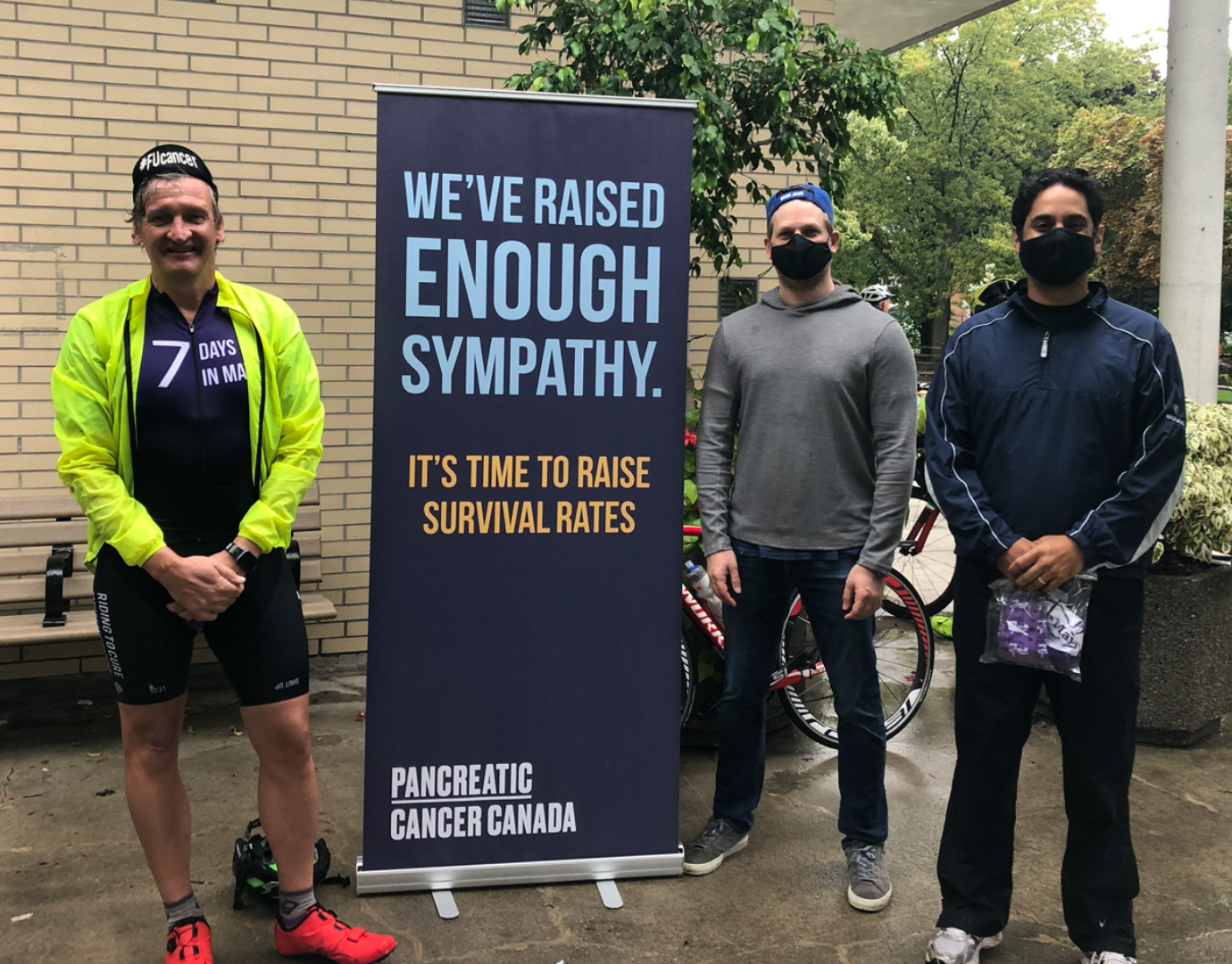


(L-R) 7 Days in May founder and organizer Gord Townley, PCC Board Member Michael Gilbert, and PCC Board Chair Dr. Anish Kirpalani.



With many in-person fundraising events cancelled or postponed for the protection of our community, we had to get creative and offer Canadians new ways to support our mission while keeping themselves, their loved ones and communities safe. We worked with participants from across the country to design personalized Virtual Fundraising Challenges that encouraged people to stay active, use their imaginations, and safely connect with others while providing critical support for innovative research and specialized services. Many of our annual events like Kathy’s Run and 7 Days In May adjusted their dates or adapted so participants could join from the safety of their homes or communities. This change also brought an exciting development: for the first time, people from across Canada could participate in events that were once only regional, uniting the pancreatic cancer community from coast to coast in a whole new way.
← (L-R) 7 Days in May founder and organizer Gord Townley, PCC Board Member Michael Gilbert, and PCC Board Chair Dr. Anish Kirpalani.
RESEARCH
— RESEARCH BREAKTHROUGH
THE COMPASS TRIAL
We started 2020 off with some exciting news: the COMPASS trial, which PCC funded from its inception, announced the discovery of five distinct subtypes of pancreatic cancer. These subtypes (Basal-like-A, Basal-like-B, Classical-A, Classical-B, and Hybrid) represent the most comprehensive analysis of the molecular subtypes of pancreatic cancer to date and further the possibility for patients to receive targeted treatments that will offer them the best chance at a longer life.
COMPASS conducted genetic sequencing on over 300 pancreatic tumour samples to identify these five cancer subtypes and a new potential biomarker called GATA6. This discovery confirmed that this disease is intensely personal – right down to the molecular level. Researchers are already designing clinical trials that incorporate these findings, including NeoPancONE and PASS-01, both of which PCC is funding.
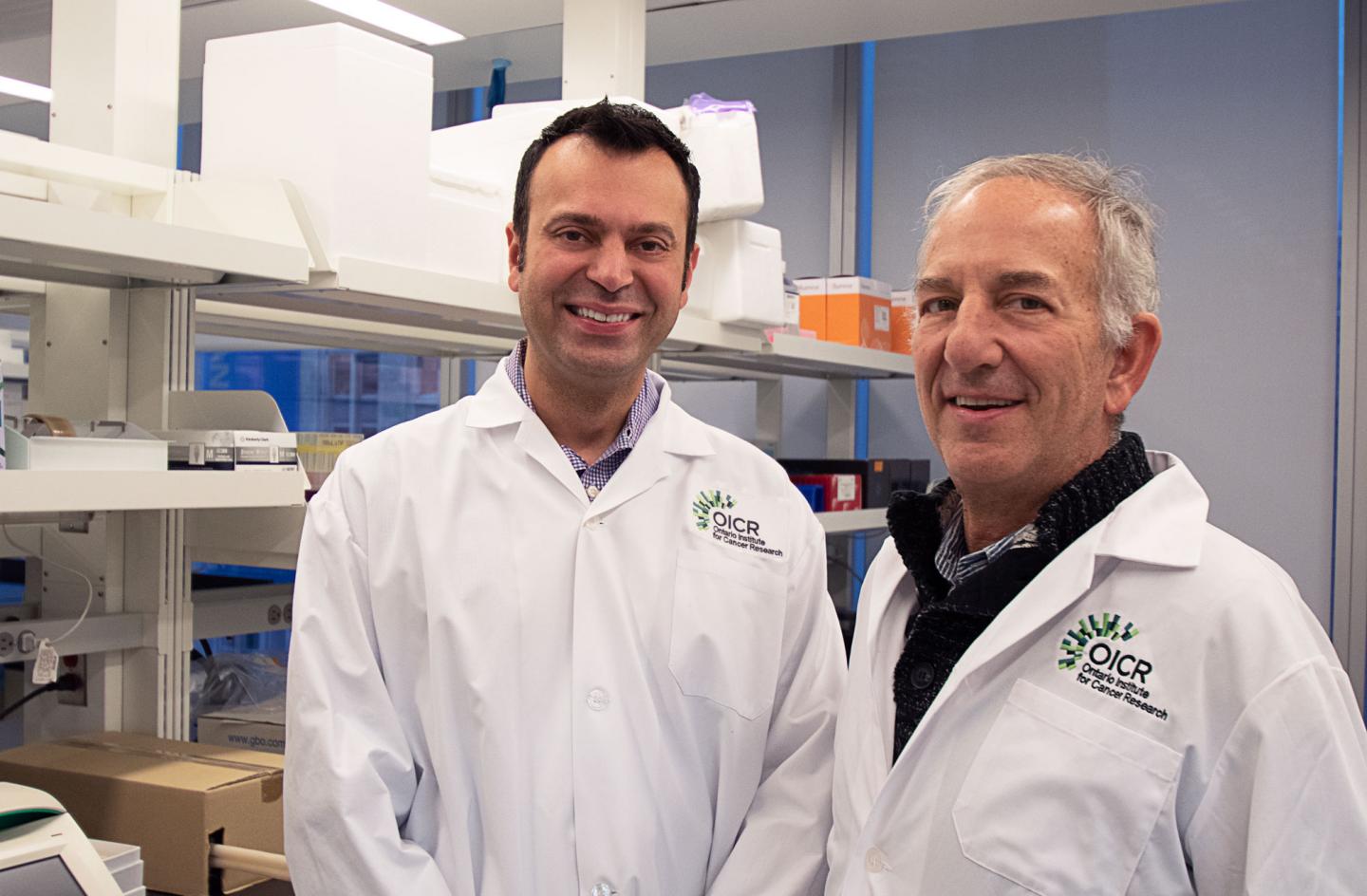

The COMPASS trial was led by trailblazing researchers (L-R) Dr. Faiyaz Notta, Co-Leader of OICR’s Pancreatic Cancer Translational Research Initiative (PanCuRx) and Scientist at UHN’s Princess Margaret Cancer Centre and Dr. Stephen Gallinger, Co-Leader of OICR’s PanCuRx, Surgical Oncologist at UHN and Senior Investigator, Lunenfeld Tanenbaum Research Institute at Mount Sinai Hospital.
Since 2016, we have invested over $1 million in the COMPASS study, believing this research would unlock very significant elements which will ultimately lead to more lives saved. We are absolutely thrilled with the results to date and are eager to see the translation these findings will have on the lives of Canadians, and people around the world, facing this disease.
— Research Launch
NeoPancONE
In the spring of 2020 hospitals across the country were at capacity caring for Covid-19 patients, meaning many clinical trials were put on hold – or even cancelled – to make room for those needing urgent care. While uncertainty reigned during these early months, our research partners quietly prepared, receiving approvals, developing plans, and considering the logistics of continuing critical research during such an unpredictable time. We were determined not to give up, because pancreatic cancer doesn’t stop for a pandemic, and neither do we.
In July we launched NeoPancONE: a curative strategy for patients with resectable pancreatic cancer that uses neoadjuvant chemotherapy — chemo before surgery to shrink the tumour and after surgery to kill remaining cancer cells — to give patients a greater chance at progression-free survival. This clinical trial also measures a potential biomarker called GATA6, which was discovered during the PCC-funded COMPASS trial. By measuring GATA6, primary investigator Dr. Jennifer Knox and her team at Princess Margaret Cancer Centre aim to better understand which patients will respond best to this treatment.
Pancreatic Cancer Canada is proud to be the sole funder of this innovative clinical trial that will be influential in changing the standard of care in Canada. Our total investment in this project will be approximately $1,000,000 over three years. In 2020 we were proud to make initial investments in eight additional participating hospitals. Progress for those fighting this disease absolutely cannot wait, so we were particularly excited to launch this study at a time when cancer research faced an unprecedented challenge globally.
Anticipated Primary Outcomes
-
Reduce the chances of disease recurrence, so more patients become survivors.
-
Learn about the aggressiveness of the cancer and how it reacts to treatment by subtype.
-
Influence the standard of care so more doctors consider neoadjuvant treatment to lengthen – or save – a patient’s life.
By The Numbers
Participating Cancer Centres Across Canada
Patients Being Recruited
Year Investment by PCC
Meet NeoPancONE’s primary investigator, Dr. Jennifer Knox, in the video below.
— Pre-Launch Clinical Trial
PASS-01
One of the most promising clinical trials we have funded to date, PASS-01 is a study that brings together the foremost cancer centres across North America to discover personalized treatment options for patients with advanced pancreatic cancer. Using a patient’s own pancreatic tumour cells, PASS-01 employs cutting-edge organoid technology: scientists create several tumour avatars that they then test multiple novel treatments on simultaneously to find the best treatment for each individual patient. This research will not only help patients in real time, it will uncover which treatments are most effective for different pancreatic cancer subtypes, giving patients their greatest chance at a longer life.
In 2020, we continued to lay the groundwork for more hands-on research to begin – signing agreements with funding partners, receiving approvals, and recruiting participating hospitals across North America – preparing for the enrolment of patients in 2021.
PASS-01 is a Stand Up To Cancer Pancreatic Cancer Convergence Dream Team, which is funded by the Pancreatic Cancer Collective, an initiative of the Lustgarten Foundation and Stand Up To Cancer® (SU2C), SU2C Canada and Pancreatic Cancer Canada. PCC’s total investment in PASS-01 will be approximately $1,000,000 over three years. We look forward to sharing more about this trailblazing research in the years to come.




Services
— Services
PEER SUPPORT
When a patient receives a pancreatic cancer diagnosis it can send shockwaves rippling through their family, friends and community. The feelings of stress, anxiety and isolation that are hallmarks of this disease were exacerbated by the Covid-19 pandemic. More than ever our community needed an outlet for their worries and a lifeline connection in their most troubled hours.
We responded by redoubling our Peer Support efforts with our partners at Wellspring, offering one-on-one support online and over the phone. We worked together to recruit more volunteers who fielded nearly twice as many support requests as the previous year, providing support to more Canadians than ever before.
I am so grateful for being able to access all the wonderful services that I have been offered. I am not sure how I would have managed without the support. Thank you so very much!
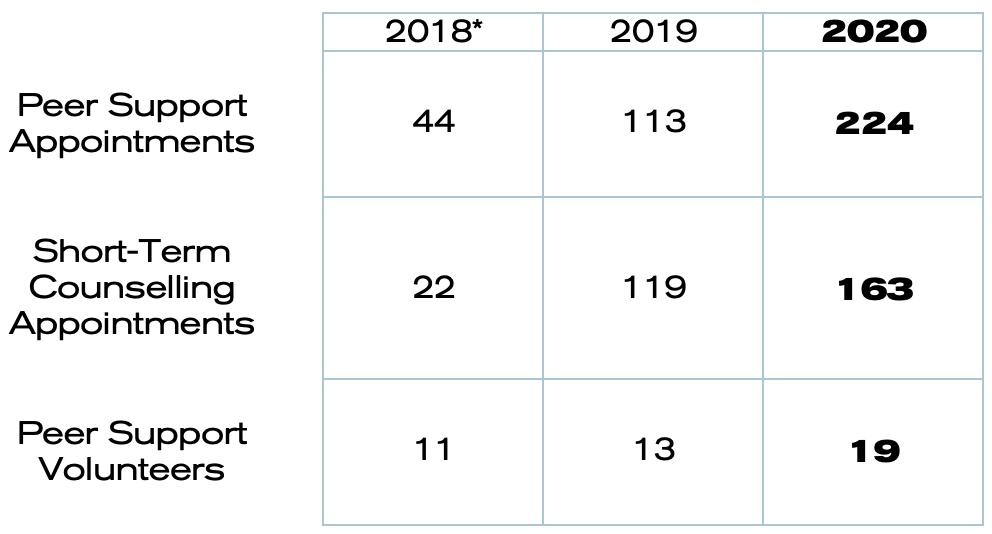


* 2018 was a pilot program of four months.



*2018 was a pilot program of four months.
Peer Support
Peer Support is the welcome point for our services with Wellspring. When someone requests an appointment, they are matched with a highly-trained volunteer whose personal experience with this disease is as close as possible to the experience of the participant.
Short-Term Counselling
When someone from our community needs a little extra support, they are connected with a professional counsellor from Wellspring as part of our Short-Term Counselling service.
Canadians from across the pancreatic cancer community reached out to our Peer Support program for assistance, a kind ear, and the reassurance that they are not alone. Over the past year, participants were predominantly from Ontario, British Columbia, Alberta and Quebec and ranged from patients to caregivers to the bereaved. Both Peer Support and Counselling participants receive specialized care and resources to help them through this stressful time.
- Patients 46%
- Caregivers 42%
- Bereaved 7%
- Other 5%
ASK AN EXPERT
By the summer of 2020 it became clear that the Covid-19 pandemic was having an impact, not only on the mental health of patients and caregivers, but on the connections they were able to make with their healthcare teams. Many felt forced to make important decisions in a vacuum, isolated in their pursuit of specialized information. To help fight this uncertainty, we set out to create a way for anyone in our community to get answers to their specific questions between doctor’s appointments; whether that be about risk factors for the disease, accessing clinical trials, or how to get a second opinion. In October of 2020 we launched our new Ask An Expert program, which encourages patients and caregivers to submit their questions through our website to be answered by leading experts in pancreatic cancer treatment and care.


Common question topics:
- Treatment Options 68%
- Clinical Trials 13%
- Genetic Testing 13%
- Diagnosis 4%
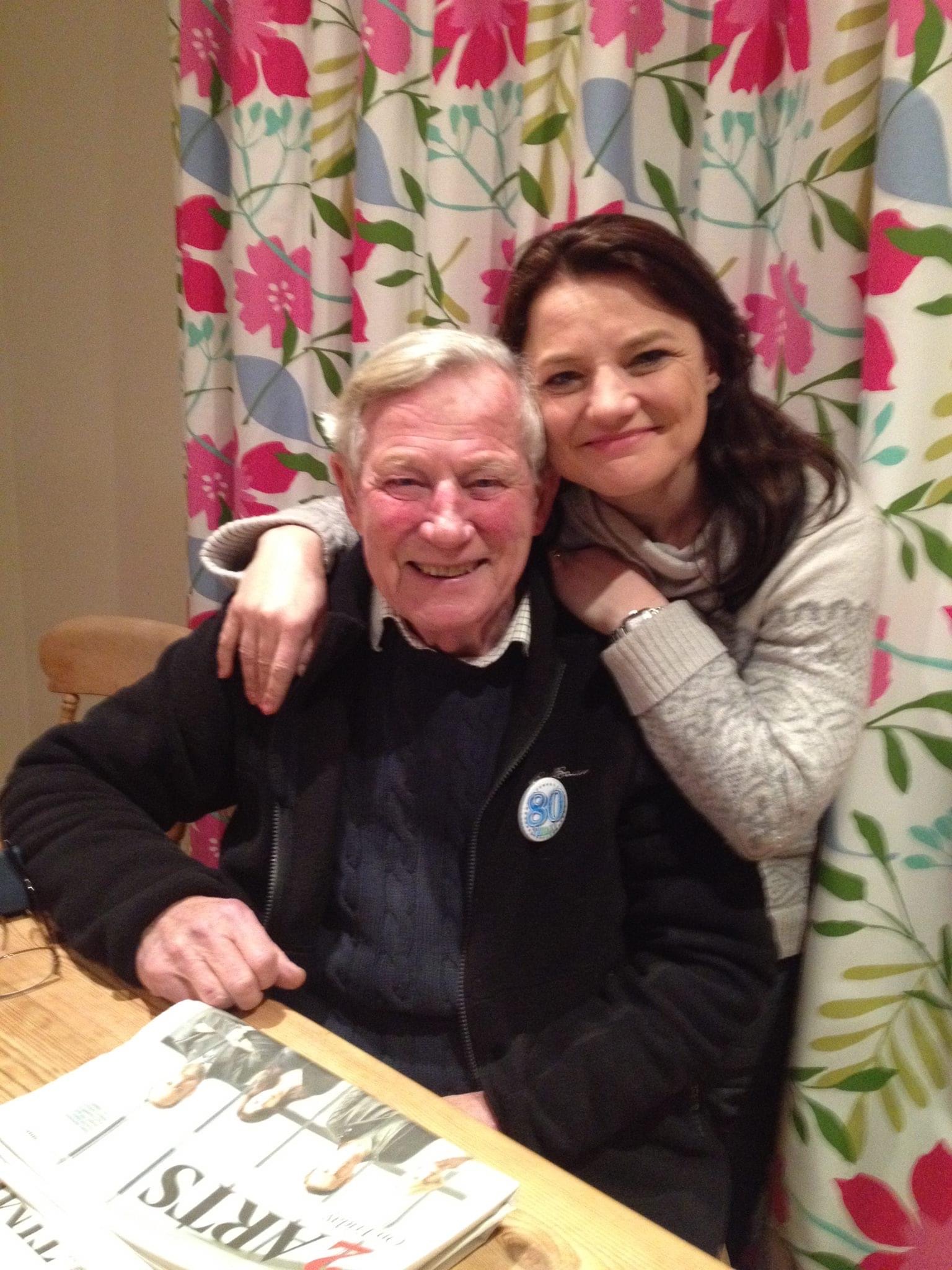

“Three years ago, I received a call from my mom in the UK. She was calling to say my father, who up to that moment had been healthy, had collapsed at home and was in the hospital. His pancreatic cancer prognosis was anywhere between six weeks and six months.
“One of the things he taught me was if you can do something to help or make a change, do it. I decided I would try to raise money to help improve the odds of people beating this cancer. Pancreatic cancer doesn’t get the funding it deserves and needs so badly. It has one of the highest mortality rates and I would like to make whatever small contribution I can to help bring those numbers down.”
HANNAH WILLEY
Virtual Fundraising Participant
“Three years ago, I received a call from my mom in the UK. She was calling to say my father, who up to that moment had been healthy, had collapsed at home and was in the hospital. His pancreatic cancer prognosis was anywhere between six weeks and six months.
“One of the things he taught me was if you can do something to help or make a change, do it. I decided I would try to raise money to help improve the odds of people beating this cancer. Pancreatic cancer doesn’t get the funding it deserves and needs so badly. It has one of the highest mortality rates and I would like to make whatever small contribution I can to help bring those numbers down.”
HANNAH WILLEY
Virtual Fundraising Participant
AWARENESS
— Advocacy and Awareness
NEW NORMAL,
SAME CANCER
Since the start of the pandemic, cancer diagnoses have declined by approximately 40% globally. This isn’t because people are not getting cancer, they are just not being diagnosed; whether from cancelled check-ups or because they have been hesitant to go to a hospital when symptoms persist. When we learned about this new trend, we knew it would lead to late-diagnoses, making cancer much harder to fight — especially such a swift and silent cancer as pancreatic.
We coordinated with over 30 cancer organizations from across Canada and our pharma partners AstraZeneca to raise awareness about the decrease in cancer diagnoses through a dynamic social media campaign called New Normal, Same Cancer, raising a united voice to say that cancer doesn’t wait, so when it comes to your health, neither should you.
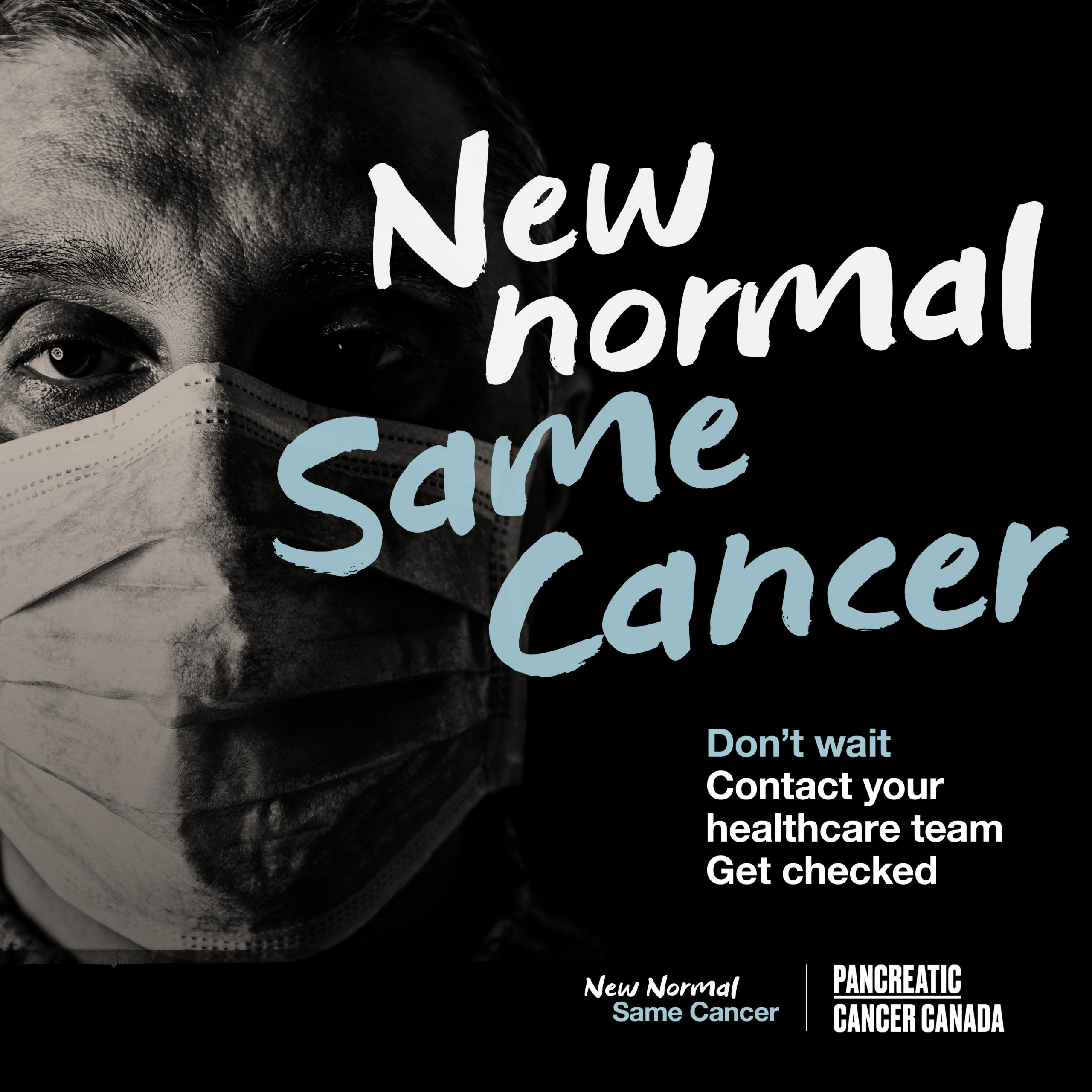

The New Normal, Same Cancer campaign raised important questions and discussions from people across the country, some understandably reluctant to see a doctor while still relatively little was known about Covid-19. We reminded Canadians that in most cases, pancreatic cancer is not detected until it is more advanced, making it critical to listen to your body and talk to your physician about any concerns.
%
Decrease in cancer diagnoses globally
%
Approximate decrease in cancer diagnoses in Canada
PCC's reach through this campaign
ALLIED PARTNERS
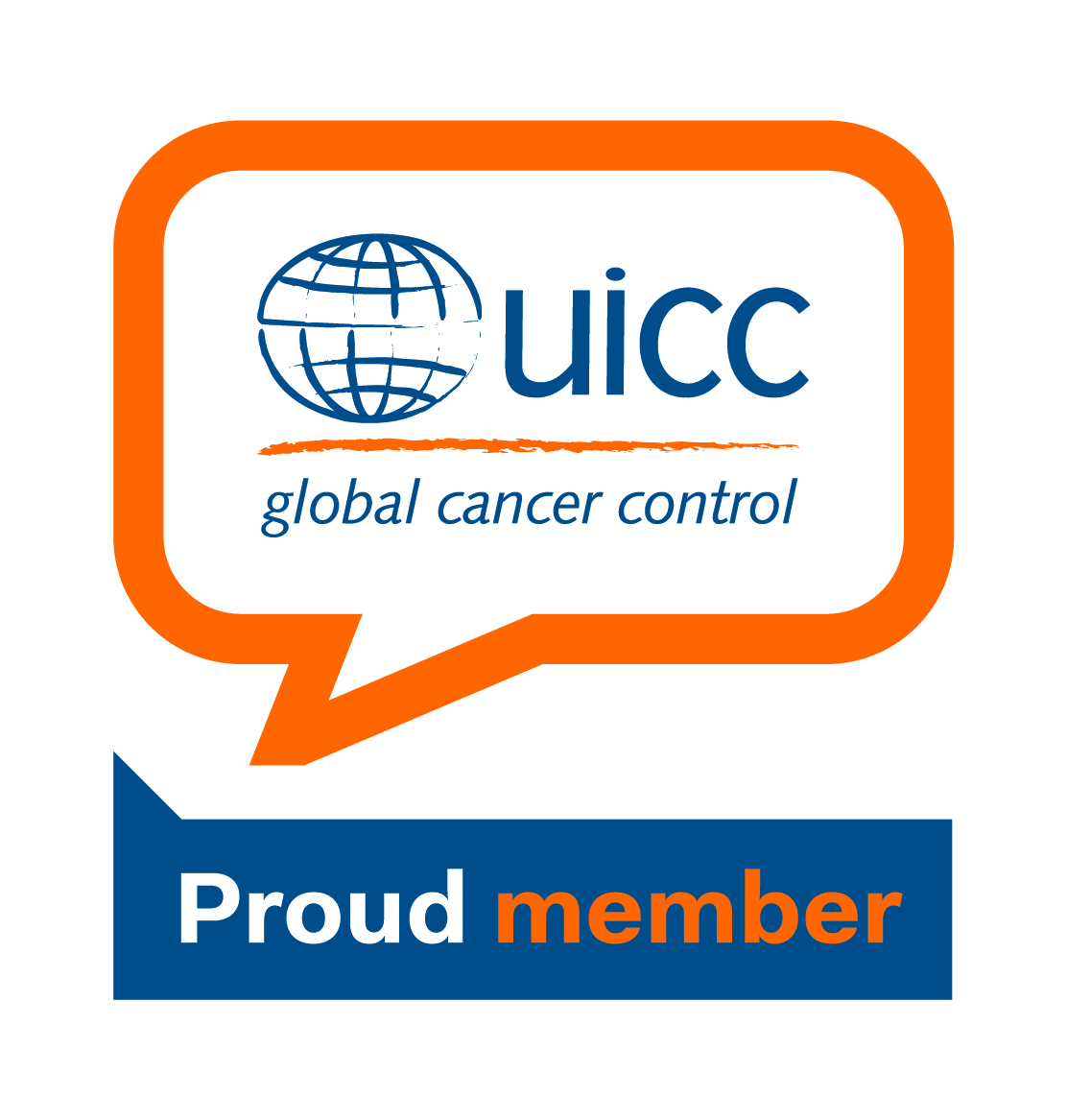

Union for International Cancer Control
PCC was proud to continue our membership with the Union for International Cancer Control (UICC), the cancer arm of the World Health Organization. We remain the only voice for the global pancreatic cancer community in this forum and look forward to further engagement with this distinguished group of cancer advocates, fundraisers and service providers.
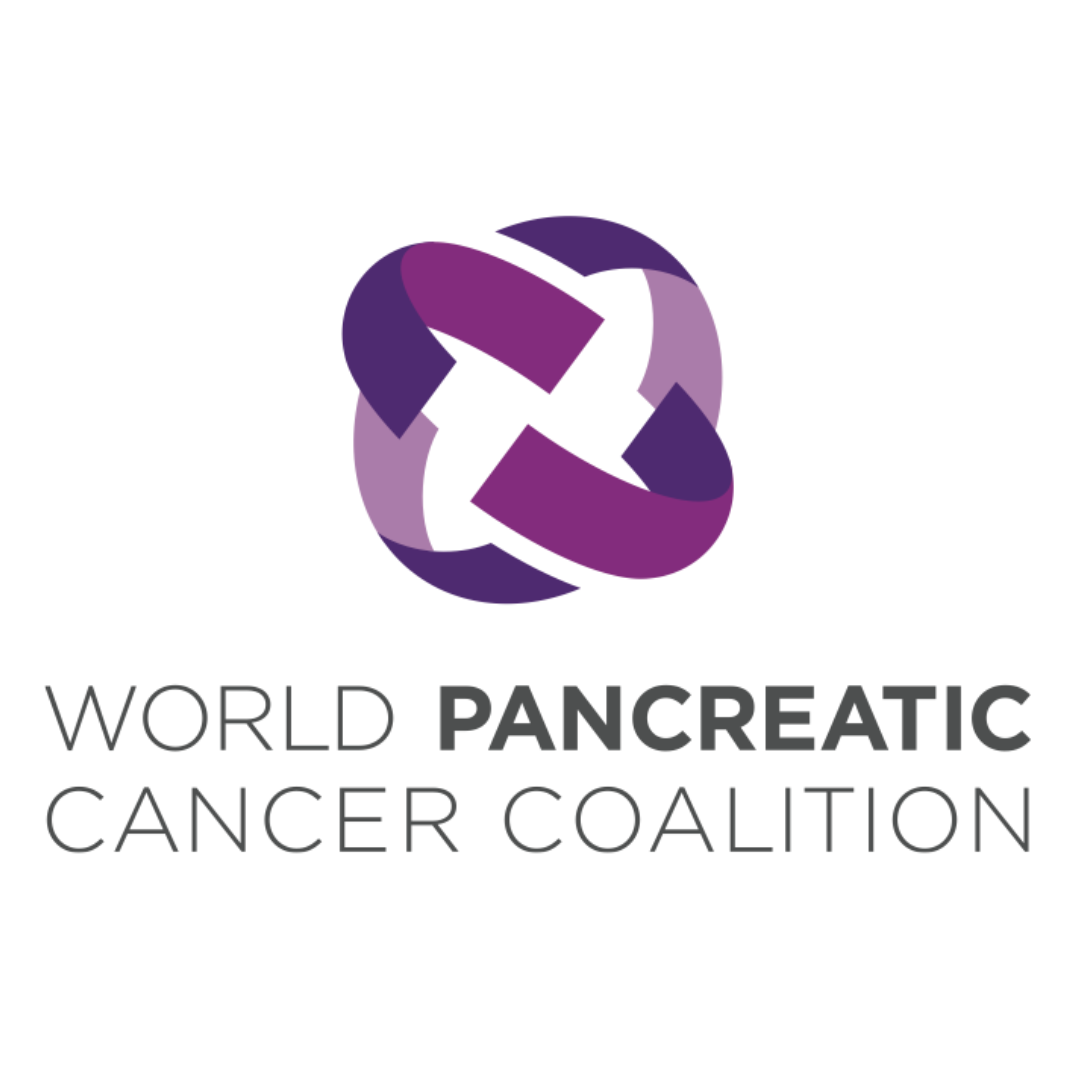

World Pancreatic Cancer Coalition
Together with over 80 organizations from around the world, PCC — a founding member of the Coalition — coordinated another impactful World Pancreatic Cancer Day and Awareness Month to raise the concerns of patients facing this disease and desperately needed awareness of the signs and symptoms amid reduced diagnosis rates because of the pandemic.
— Supporter Spotlight
OUR SUPPORTERS ARE DEMANDING SURVIVAL, NOT SYMPATHY
Liat Weiss has been a passionate advocate and supporter of Pancreatic Cancer Canada since she lost her mother to this devastating disease. Through proceeds from her business Dew Drop Inc., she has donated thousands of dollars to fund innovative research and services for the pancreatic cancer community, and continues to be a vocal advocate for access to novel treatment options. Hear more from Liat by watching this video. →
IN THE NEWS
— News
PCC IN THE NEWS
While the 2020 the news cycle was understandably dominated by updates on the Covid-19 pandemic, we ensured that pancreatic cancer was not forgotten in the public consciouness. From mourning the loss of notable figures like Alex Trebek and Ruth Bader Ginsberg to raising awareness of the challenges patients face in accessing care, our newsroom was bursting with stories, interviews and announcements that reminded Canadians to be aware of the symptoms, to raise their voices, and support patients in the fight of their lives.
PCC Board Chair Dr. Anish Kirpalani talks about awareness, research and his personal connection to pancreatic cancer: The Health and Wellness Show with Dr. Mike Wahl
PCC Board Chair Dr. Anish Kirpalani talks about awareness, research and his personal connection to pancreatic cancer: The Health and Wellness Show with Dr. Mike Wahl Pancreatic Cancer Canada Chair Dr. Anish Kirpalani speaks with Dr. Mike Wahl about pancreatic cancer...
Alex Trebek’s Death and the Need for Research
Alex Trebek's Death and the Need for Innovative Research: 900CHML Pancreatic Cancer Canada CEO Michelle Capobianco speaks with 900CHML host Scott Thompson about Alex Trebek's passing to stage IV pancreatic cancer, the need for public awareness and understanding of the...
Access to Pancreatic Cancer Treatments Newstalk 1010
Access to Pancreatic Cancer Treatments: Pancreatic Cancer Canada CEO Michelle Capobianco Speaks to Newstalk 1010 Michelle Capobianco, Chief Executive Officer of Pancreatic Cancer Canada, speaks with John Moore of Newstalk 1010 about the bureaucracy that prevents new...
Promising Treatment for Deadly Cancer Blocked by Canadian Regulators
Promising Treatment for Deadly Cancer Blocked by Canadian Regulators TORONTO, Aug. 19, 2020 /CNW Telbec/ - While innovations in health care are spurring extraordinary advances in the treatment of malignant tumours, progress has been limited when it comes to the...
PRESS RELEASE: NeoPancONE Clinical Trial Launch
Pancreatic Cancer Clinical Trial Launches During Pandemic With Aim to Change Standard of Care for Patients TORONTO, ON, July 15, 2020 – Pancreatic Cancer Canada announced today the launch of NeoPancONE, a Phase II clinical trial that aims to be a curative strategy for...
— Thank you
WE WILL RAISE THE RATE OF PANCREATIC CANCER SURVIVAL
2020 was a challenging year for most everyone, but our dedicated community of donors, volunteers, fundraisers, and advocates recognized that our work could not stop in the face of a global health crisis. With an 8% survival rate, pancreatic cancer is a global health crisis. Together with the unwavering encouragement of our Board of Directors, we were able to provide support to those who needed us most, right from the comfort and safety of their homes. When times get tough we don’t have the option of stopping – that is when our specialized support, dedication to research, and bold voice are needed the most.
Thank you for your solidarity and selfless contributions to our mission. Together, we made 2020 a year of progress toward ending this disease.
Stay in touch




316-4211 Yonge Street
Toronto, ON M2P 2A9
Toll Free: 1-888-726-2269
info@pancreaticcancercanada.ca
Charitable Registration Number 84870 1967 RR0001

